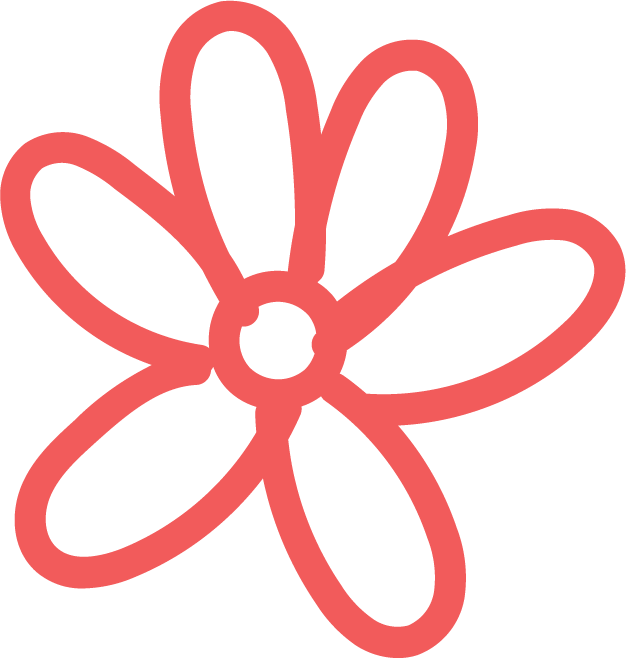Plantar Fasciitis
What is Plantar Fasciitis?
Plantar fasciitis is a common foot condition characterized by pain and inflammation of the plantar fascia, which is a thick band of tissue that runs along the bottom of the foot, connecting the heel bone (calcaneus) to the toes. The plantar fascia acts like a shock-absorbing bowstring, supporting the arch of the foot and helping with normal walking and running motions.
Plantar fasciitis typically causes pain in the heel, especially with the first steps taken after resting or sleeping.
The pain is often described as sharp or stabbing and may gradually decrease as the foot "warms up" through movement. The condition is most commonly seen in individuals who are physically active, such as runners and athletes, but it can also affect people who spend long hours on their feet, wear improper footwear, or have certain anatomical conditions that affect foot mechanics.

Common Causes
The exact cause of plantar fasciitis is not always clear, but it is believed to result from repeated stress and micro-tears in the plantar fascia. Risk factors for developing plantar fasciitis include:
Overuse or sudden increase in physical activity.
Flat feet or high arches.
Obesity.
Poorly fitting or unsupportive footwear.
Tight calf muscles or Achilles tendons.
Age (more common in individuals between 40 and 60).
Certain occupations that require prolonged standing or walking.
Pregnancy
How can acupuncture help?
In the context of plantar fasciitis, acupuncture is believed to provide several potential benefits:
Pain Relief:
Acupuncture stimulates the release of endorphins and other neurotransmitters, which can help alleviate pain. By targeting specific acupuncture points associated with pain pathways and the affected area, practitioners aim to reduce the discomfort associated with plantar fasciitis.
Inflammation Reduction:
Acupuncture has anti-inflammatory effects by modulating the body's immune response and promoting blood circulation. By improving blood flow to the affected area, acupuncture helps reduce inflammation and promote healing.
Muscle Relaxation:
Acupuncture helps relax tight muscles and promote better muscle function. In the case of plantar fasciitis, tight calf muscles and Achilles tendons can contribute to the condition, so addressing muscle tension through acupuncture might be beneficial.
Stress Reduction:
Chronic pain conditions like plantar fasciitis can lead to stress and tension, which can exacerbate the pain. Acupuncture is known for its potential to promote relaxation and reduce stress, which can indirectly contribute to pain relief and healing.
Acupuncture is often used as part of a comprehensive treatment plan, which may also include other conservative measures like stretching exercises, orthotics, and physical therapy.
